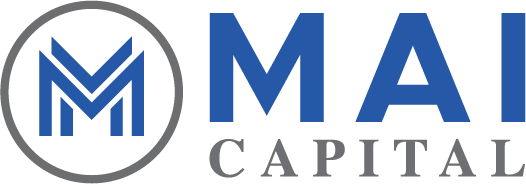Selling accounts receivables is an excellent financing opportunity for companies that want to get their hands on working capital without a loan application or a long wait. It also gives them a way to access funding without taking on the burden of a loan. To pursue this type of funding option, business owners should familiarize themselves with how this type of transaction works from the other party’s perspective.
How Do Companies That Purchase Accounts Receivables Generate Profits?
The potential profitability of purchasing secured interests in receivables isn’t as plainly obvious as other entrepreneurial ventures. People who put themselves as a middleman between companies and customers usually operate with a different framework. In the business world, there’s no shortage of enterprises whose principal activities involve buying something for one dollar and selling it to someone else for two.
In factoring agreements, the receivables purchasers are looking to buy secured instruments at a discount. It’s like paying a dollar for something worth two dollars. Of course, this illustrative example isn’t wholly on point because. The actual profit margin that they derive from a purchase agreement is likely to fall below Though the transactional dynamics are different, the net outcome is rather similar. Buying instruments with a fixed intrinsic value substantially or perhaps even just slightly greater than the purchase price represents a winning opportunity.
What Are the Risks of Purchasing Receivables?
While the face value of invoices is indicative of their intrinsic value, their balances are not conclusively demonstrative of their actual value. When businesses and individuals aren’t paying their outstanding obligations to a creditor on time, they may be falling behind on lots of their bills.
If a person or business entity owes a great deal of money to one or more creditors, there’s a considerable risk that collection efforts will be slow going. Furthermore, there’s a significant risk of bankruptcy. In this event, the original creditor or the factoring company to which it has assigned its interest may be entitled to recover only a fraction of a secured debt’s value.
How Do Purchasers Mitigate Their Risk Exposure?
Age is one of the most important things that they consider. Older debts are harder to collect, and their valuation decays after every passing month. By focusing on newer obligations, they have a better shot at gaining a better percentage of the invoices’ total.
Ultimately companies that are evaluating whether to purchase an invoice and determining how to assess its value, consider many different factors. If they perceive minimal or moderate risk, they are probably going to be more likely to pay a higher percentage of the invoice’s total worth to the original creditor.
Mai Capital offers comprehensive factoring, and we can provide funds within 24 hours. Contact our offices today to learn more.






